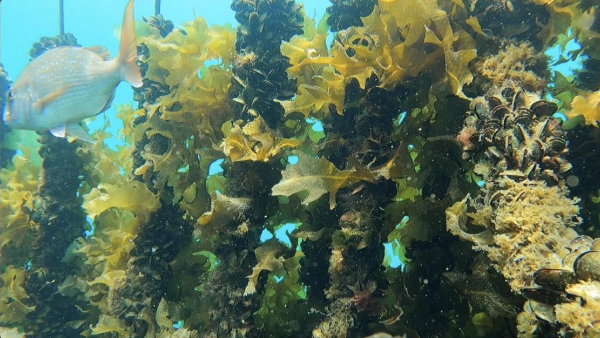
Responsibility
Study: Mussel and seaweed farming can boost wild fish populations
Study shows mussel and seaweed farming can increase fish populations and biodiversity, showing potential environmental and economic benefits.
Responsibility
The impact of ocean warming on farmed salmon has encouraged the Cawthron Institute to research ways to boost climate change resilience.

Responsibility
Study shows mussel and seaweed farming can increase fish populations and biodiversity, showing potential environmental and economic benefits.
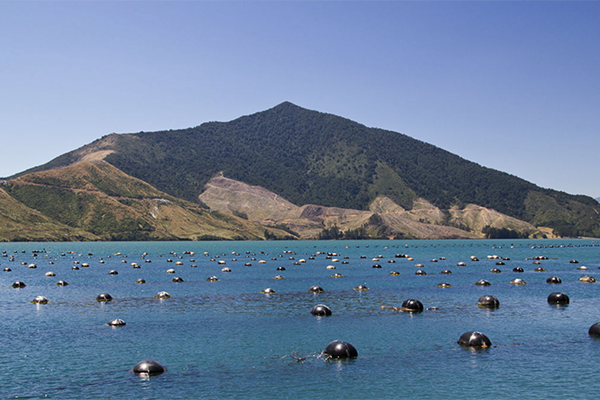
Intelligence
A government-backed greenshell mussel spat project is expected to improve survival rates and help triple aquaculture sales revenue by 2035.
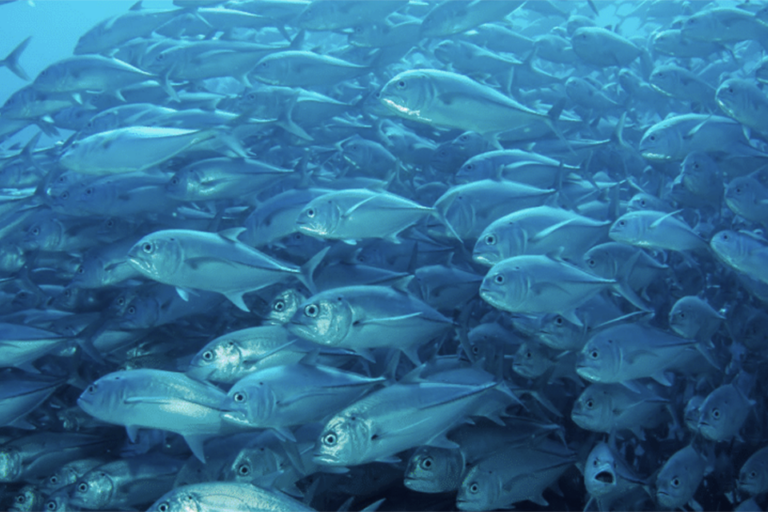
Responsibility
An expert panel of scientists convened by CRC discussed driving the blue economy while improving seafood nutrition, accessibility and sustainability.
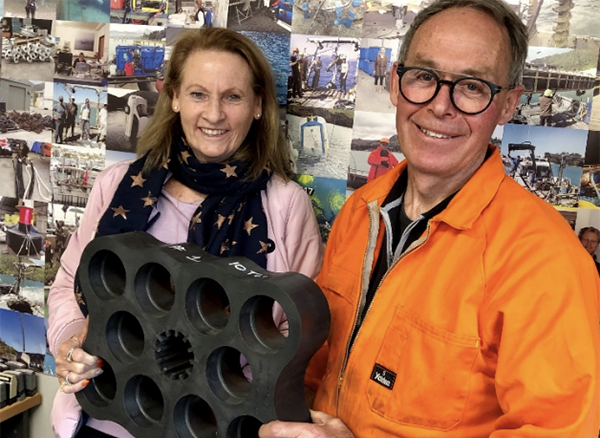
Innovation & Investment
As an aquaculture mooring system, Marine Flex’s rubber cables are deemed a ‘big improvement’ on heavy chains that damage marine habitats.
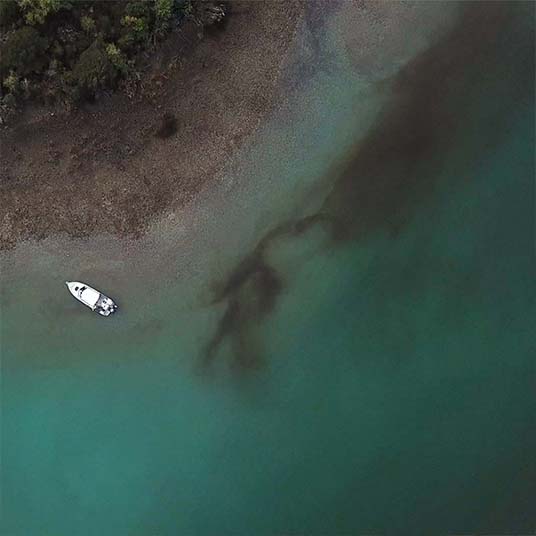
Intelligence
A new study suggests that harmful algal blooms could threaten shellfish health and the growth of New Zealand's aquaculture industry.
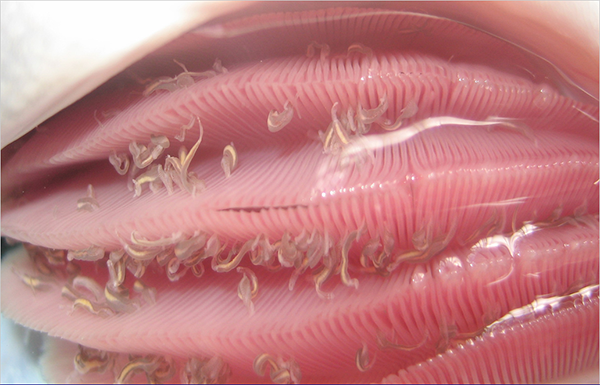
Health & Welfare
Cawthron Institute has developed “BeNeZe” – a new web tool to help fish farmers manage parasitic infection in Kingfish and Amberjacks
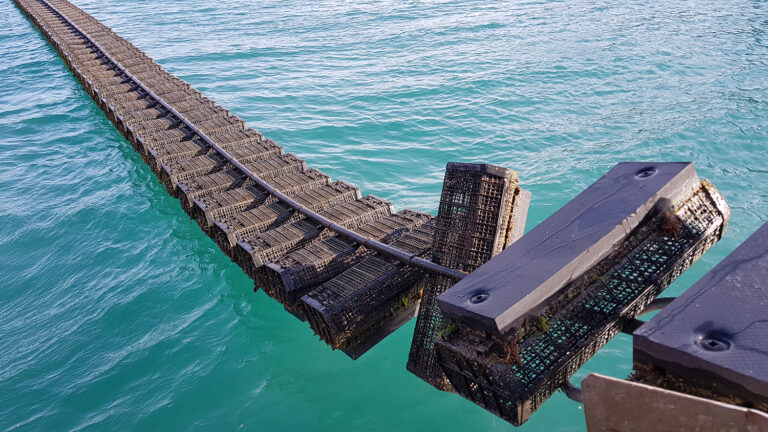
Innovation & Investment
FlipFarm, a semi-automated oyster-growing system from New Zealand, is a finalist for GSA’s annual Global Aquaculture Innovation Award.
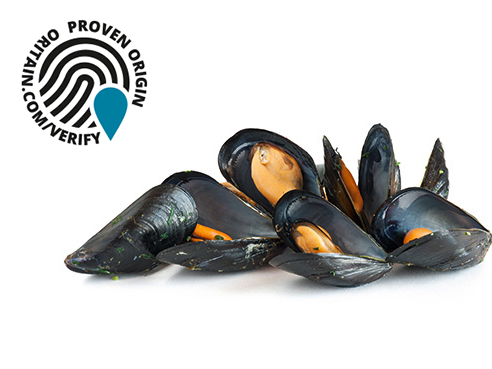
Intelligence
Because paper trails aren’t perfect, some food producers are going beyond written or digital records to prove their products’ authenticity and prevent economic fraud. Is farmed seafood a perfect fit for forensic-science traceability?
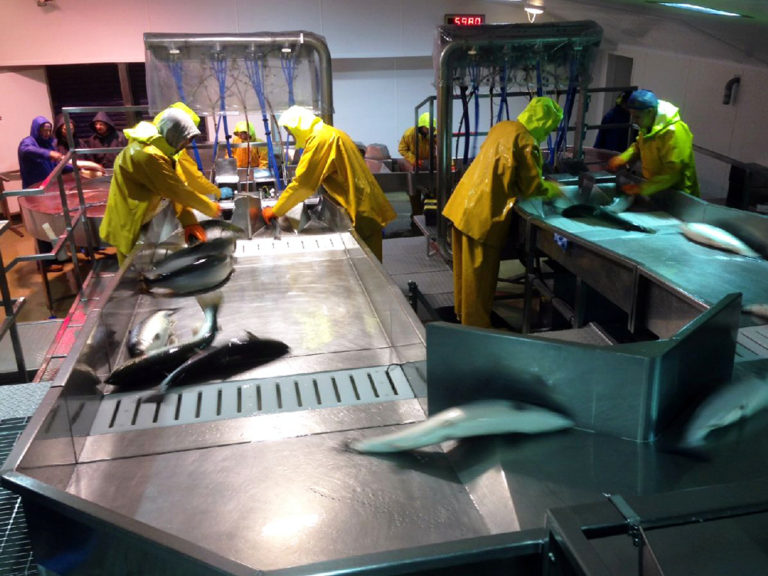
Health & Welfare
EU legislation requires farmed fish be spared unnecessary pain, distress or suffering at slaughter, and efficient manual and automated systems have been developed to help achieve this goal. What’s more, longer shelf life and improved flesh quality have been reported.
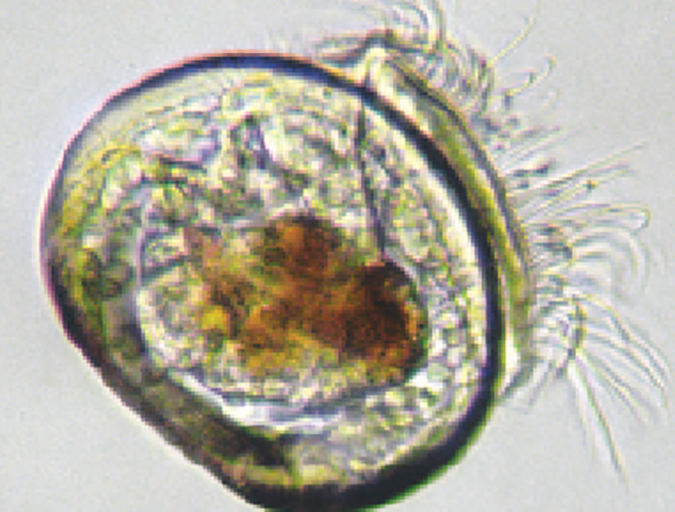
Health & Welfare
Variability in the quantity and quality of larval yields limit aquaculture growth. New biotechnological advances promise to revolutionize the way we assess and solve bottlenecks. A study demonstrated the use of metabolomics to assess and classify mollusk larvae quality and identify biochemical pathways that may reveal further important insights.
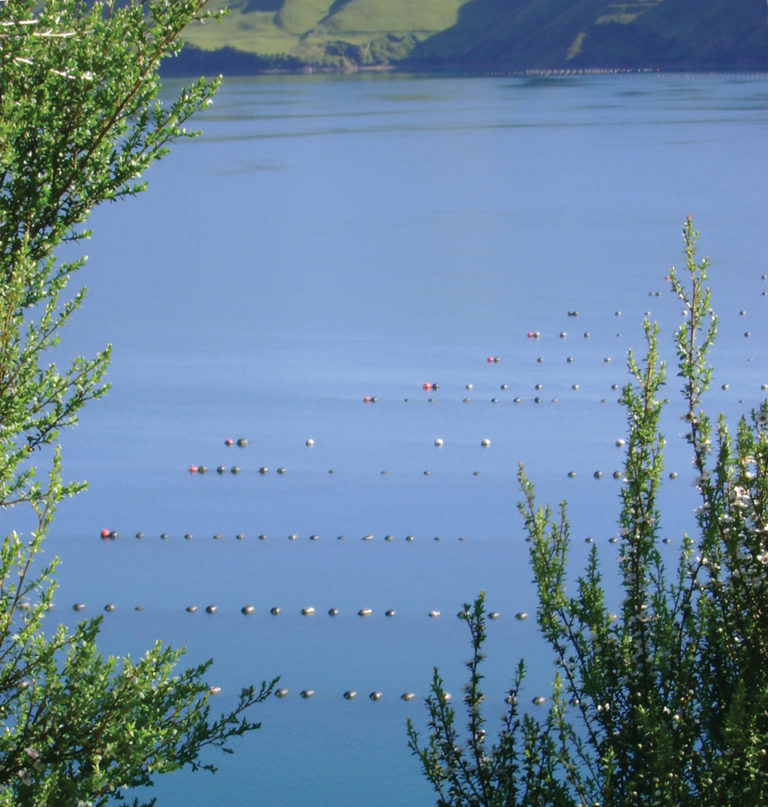
Responsibility
The regulatory system for aquaculture in New Zealand addresses social and cultural factors through legislation and policies that strongly utilize public consultation. The indigenous Mäori people, for example, play an integral role in aquaculture development.
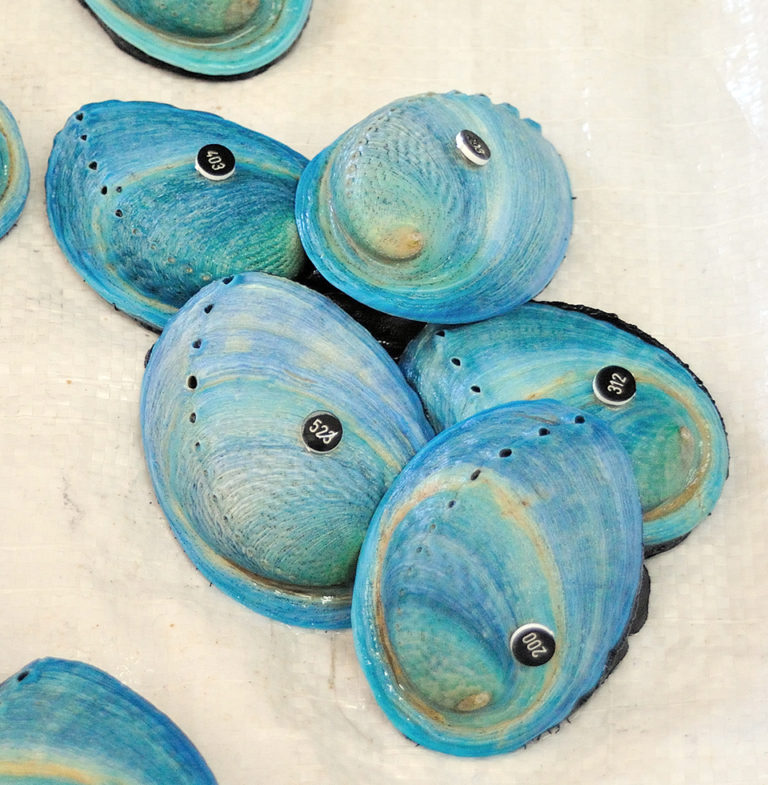
Health & Welfare
New Zealand’s National Institute of Water & Atmospheric Research has established broodstock research for several emerging species to provide genetically diverse, domesticated stocks for aquaculture industry expansion.